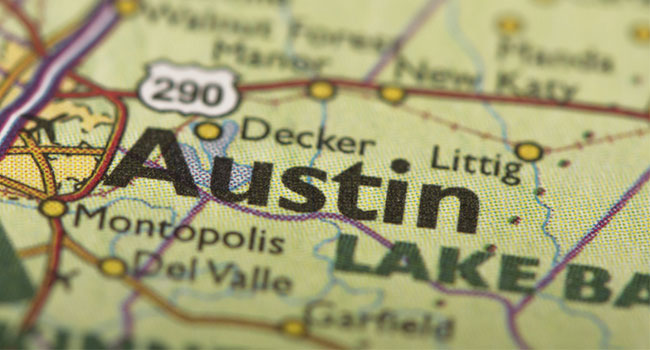
Austin Boosts Security as a Result of Package Bombs
UT Austin, Austin Country Club and the neighborhoods in the area are boosting security following the serial bombings.
- By Sydny Shepard
- Mar 21, 2018
The city of Austin is on edge after four package explosions in the city limits and a fifth package explosion at a surrounding area's Fed Ex facility that was marked for delivery to Austin, Texas.
Austin Police Department is working tirelessly to name a suspect in the serial bombings, but for now the department is telling residents to keep an eye out for suspicious packages and boosting security around the city.
For example, the University of Texas at Austin is increasing security measures in the wake of the bombings. After the forth bombing on Sunday that injured two people, UT Police Chief David Carter and interim Associate Vice President of Campus Safety and Security James Johnson sent a campus-wide email Monday morning urging students to be mindful of suspicious iteam.
"We have no evidence of any immediate threats to campus," the statement said. "But we must reamin vigilant in keeping each other safe."
UT Police have increased patrols, including K9 units, as long as the bombs continue to be a threat. The department will also continue to work with Document Solutions, the agency handling UT mail delivery, to screen suspicious packages.
In addition to the university campuses in the city, the Austin Country Club security team put out a statement about the safety of the WGC-Dell Technologies Match Play as a result of the Austin bombings.
"While we do not comment specifically on security measures, the safety and security of our players and fans is, and always will be, our top priority," the statement reads. "Our security advisors at the tour are working in close collaboration with federal, state and local law enforcement agencies to monitor, review and evaluate the situation and implement procedures as needed."
Residential security as also seen a boost as a result of the bombings. Home security experts in Austin say they've seen an uptick in inquires for video doorbell and surveillance systems for homes, technologies that could be helpful to find the suspect in the serial bombings if a camera catches something suspicious.
The technology could also help to save lives, users receive text messages when motion is detected on their front porch and can see the package from the camera. If a package was not expected or is suspicious, the user can call 911 immediately without touching the package.
About the Author
Sydny Shepard is the Executive Editor of Campus Security & Life Safety.